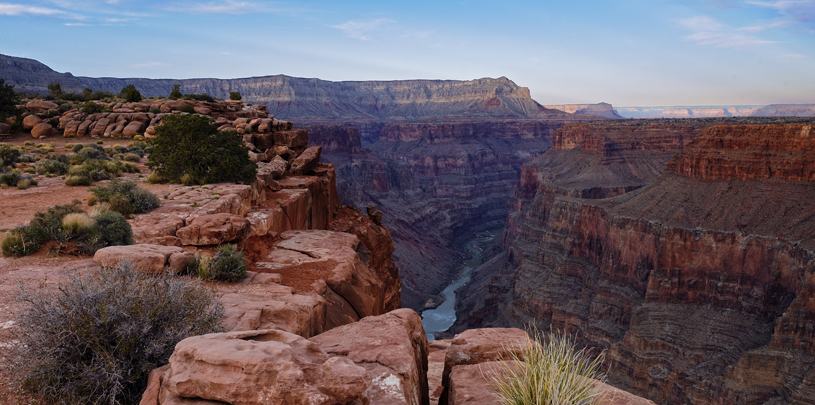
by Amber Reimondo, Energy Director
If the 1872 Mining Law sounds like an antique, that’s because it is. And like many antiques, this law could use some refurbishing. The 1872 Mining Law governs the extraction of so-called “hardrock” minerals on federal public lands, such as uranium, copper, lithium, and other minerals. It allows mining companies to dig publicly owned riches out of the ground without paying their fair share, pollute water, harm communities, and stick taxpayers with the cleanup bill. Today, 150 years after Congress passed the law, it has yet to undergo significant reform.
America has changed a lot since 1872, and we need mining laws that reflect the scale and risks of modern industrial mining. The demand for hardrock minerals, which are the building blocks of solar panels, wind turbines, and batteries, will grow as our nation transitions away from fossil fuels toward renewable energy production. We have the opportunity now, on the front end of this transition, to ensure modern mining laws protect our communities, taxpayers, and treasured places like the Grand Canyon, Bears Ears, and other important lands on the Colorado Plateau.
TAKE ACTION. Urge the Department of the Interior to bring our mining laws into the 21st century ›
Mining reform is long overdue. We need mining laws and regulations that:
The 1872 Mining Law, written and passed to encourage not only mining but colonization in the West, gives mining companies essentially free access to federal lands. They pay a miniscule annual claim fee (now $125 per claim, which can be waived for those who hold 10 or more claims) and pay nothing back to public coffers in the form of cleanup funds or federal royalties when they sell the minerals they extract.
By comparison, coal mining, which is regulated by the Mineral Leasing Act, requires companies to pay a percentage of sales back to the federal government as well as a fee that goes toward cleaning up abandoned mines.
Hardrock mining reform needs to include royalties and a cleanup fund to safeguard against bad actors.
 A cultural site in Bears Ears National Monument. TIM PETERSON
A cultural site in Bears Ears National Monument. TIM PETERSON
Most hardrock mining happens in the West, on federal public lands managed by the Bureau of Land Management and U.S. Forest Service. Here on the Colorado Plateau, mining threatens some of our most treasured natural and cultural landscapes.
The government generally treats hardrock mining under the 1872 law as the “highest and best use of the land.” Communities do not have a say in what land is open to mining and what land is not unless they secure an act of Congress (like the Grand Canyon Protection Act), or a presidential declaration establishing a national monument, or a mineral “withdrawal” from the Secretary of Interior — all heavy lifts.
A properly updated mining law would allow tribes and the public to work with the Forest Service and Bureau of Land Management to prioritize cultural, recreational, and other uses above mining in certain areas. Canyon Mine, for instance, is an example of a hardrock mine that should not exist given its location within a traditional cultural property for the Havasupai Tribe, its proximity to the Grand Canyon, and its construction within a critically important and complex groundwater system.
 Canyon uranium mine mists radioactive water into the air. BLAKE MCCORD
Canyon uranium mine mists radioactive water into the air. BLAKE MCCORD
Mining companies are required to adhere to standards set in the Clean Air Act and Clean Water Act. But compliance with existing environmental laws does not equal protection from pollution. Often, it means permitted pollution.
We need to close the loopholes that make some mining pollution legal.
The Trust, alongside our many tribal and nonprofit partners, asked the Department of the Interior to reform the Bureau of Land Management’s hardrock mining rules. In February 2022, the Biden administration announced steps toward mining reform. It established an interagency working group led by the Department of the Interior, which will accept public comments on how to improve federal hardrock mining regulations, laws, and permitting processes until July 31, 2022.
Act now. Urge the administration to reform our mining laws to protect communities and treasured places like the Grand Canyon and Bears Ears.
A small victory in the legal case challenging Daneros uranium mine, near Bears Ears National Monument.
Read MoreGroundwater pumping at a uranium mine near the Grand Canyon will affect the canyon's springs, scientists says.
Read MoreA rally in Salt Lake City followed by a spiritual walk in White Mesa demonstrate the Ute community's determination to see uranium mill close.
Read More